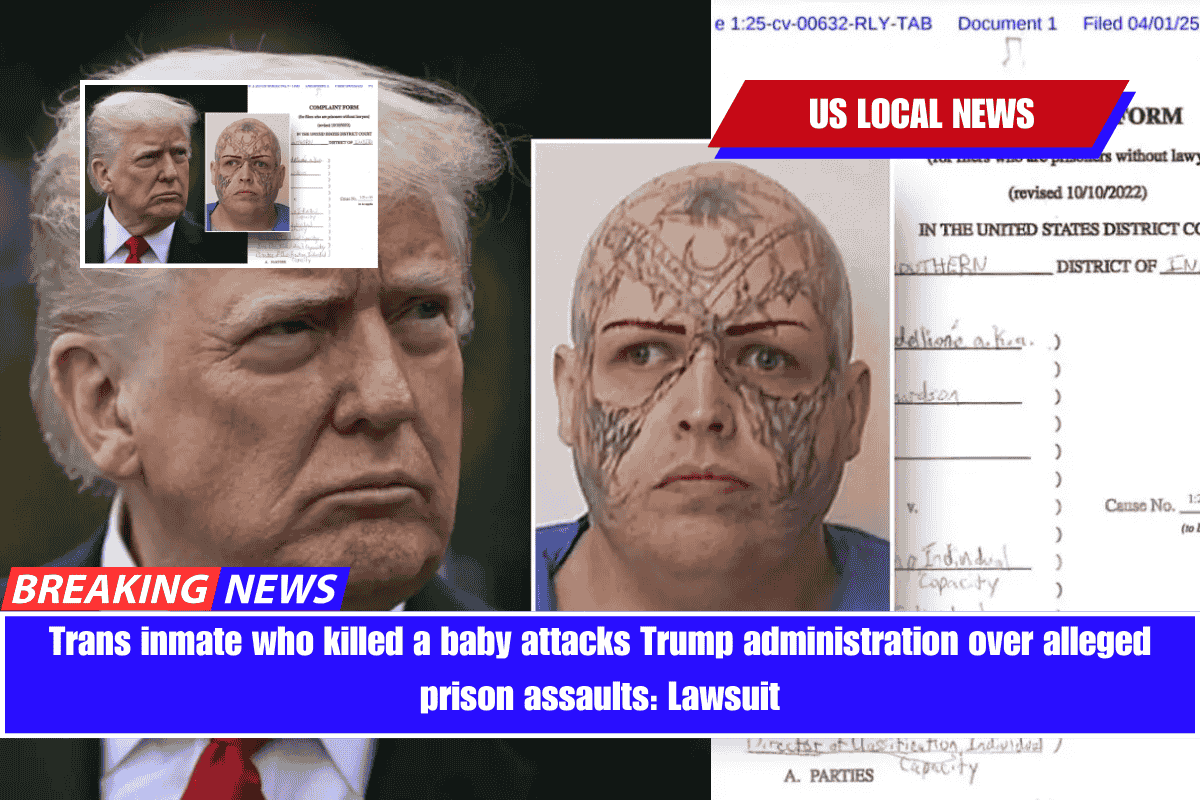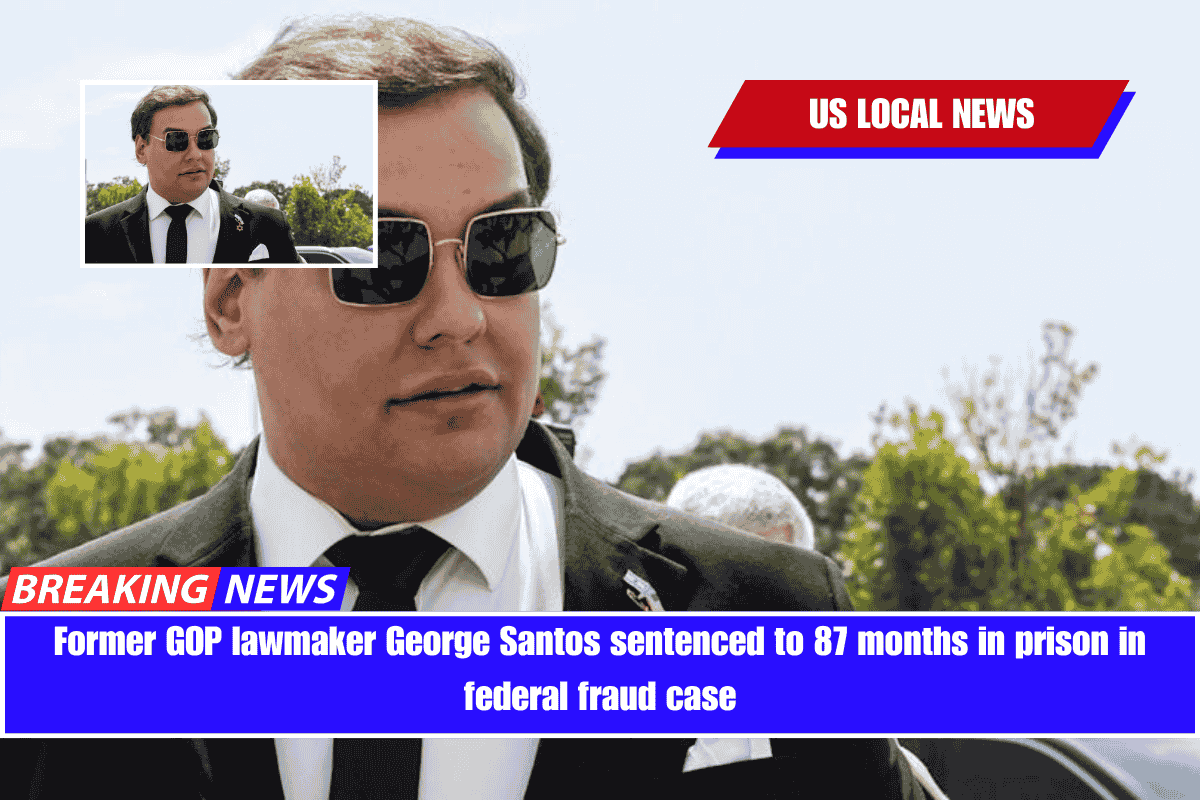A federal judge on Friday blocked the Trump administration from terminating the collective bargaining rights of a sizable portion of the federal workforce.
The preliminary injunction issued by US District Court Judge Paul Friedman in the District of Columbia also found a key section of President Donald Trump’s executive order, which allows more than a dozen federal agencies to end collective bargaining with unions, to be unlawful.
As part of his effort to overhaul the federal workforce, Trump signed an order in late March removing collective bargaining rights from government employees whose jobs involve national security.
The broad order applies to employees at the Departments of State, Defense, Justice, and Health and Human Services, among others. It also affects the Centers for Disease Control and Prevention, the Federal Communications Commission, and US Immigration and Customs Enforcement.
The White House released a fact sheet that stated, “The President needs a responsive and accountable civil service to protect our national security.” It also stated that the order is intended to stop federal unions that have “declared war on President Trump’s agenda.”
The National Treasury Employees Union quickly filed a lawsuit to block the executive order, claiming that eliminating collective bargaining rights violates the law Congress passed to facilitate and strengthen collective bargaining among federal employees. The union then filed a request for a preliminary injunction, claiming that Trump’s directive would strip union rights from roughly two-thirds of its members.
“No president had ever tried to use the national security exemption in such a sweeping way,” Paras Shah, NTEU’s deputy general counsel, said during a hearing on Wednesday, citing the fact sheet and OPM guidance.
“Those documents make clear that the executive orders objectives are twofold: First, to make federal employees easier to fire, and second, to exact political retribution against unions that stood up to the president’s agenda.”
Friedman, who read from the fact sheet, also questioned Trump’s motives for issuing the order.
“He is willing to be kind to those he works with. He will not bargain with those who have sued him, filed grievances, or complained against him, according to the judge. “How else can you read what he’s done?”
Emily Hall, a Justice Department attorney, disagreed with Friedman’s assessment, pointing out that the order does not cover all agencies where the NTEU represents employees. She also stated that collective bargaining agreements can cause delays in the implementation of policy changes that the president deems necessary for national security.
“Part of that very discretionary determination involves how agencies are able or unable, given the way that collective bargaining operates, to go ahead and implement changes as necessary for the national security,” according to her.
Friedman, on the other hand, questioned the administration’s claim that certain agencies, including the National Institutes of Health, Federal Emergency Management Agency, and Department of Agriculture, are primarily responsible for national security.















